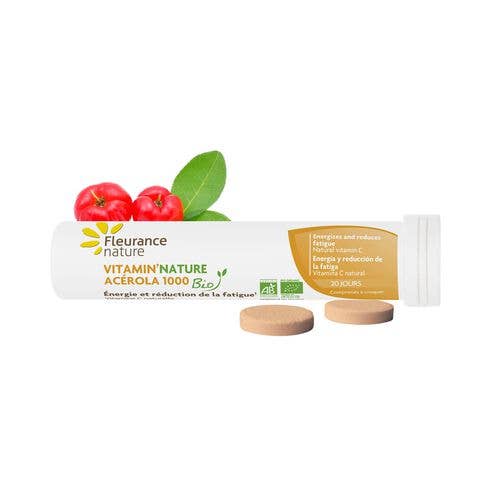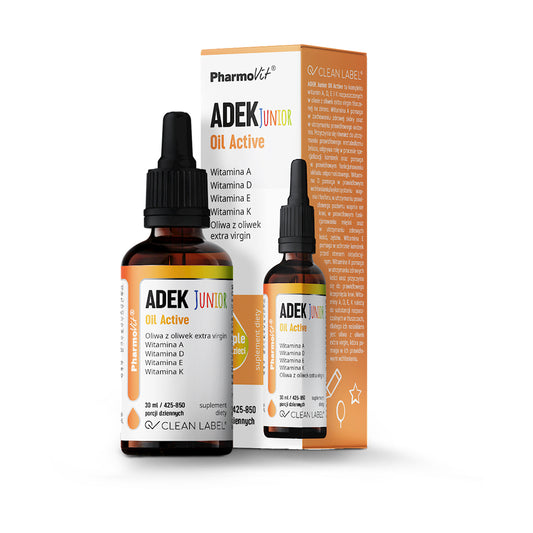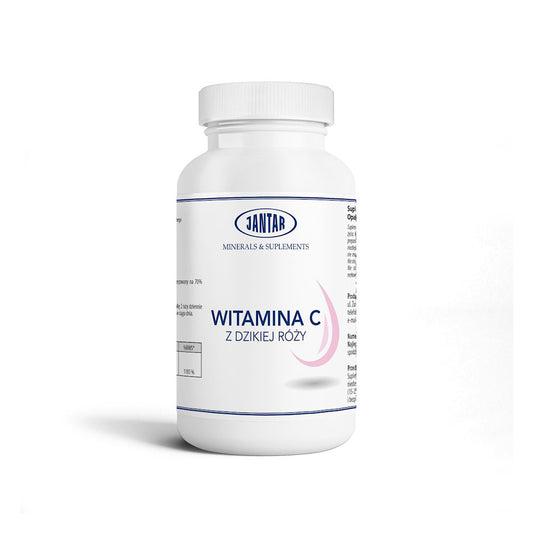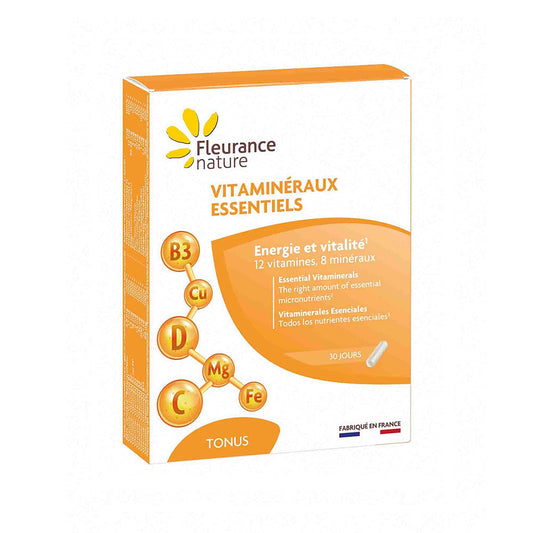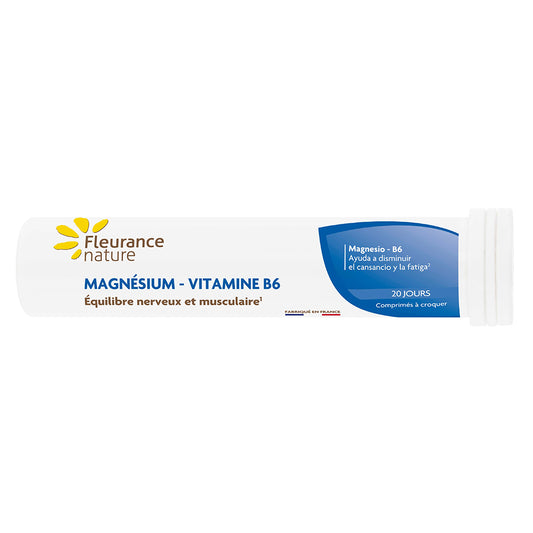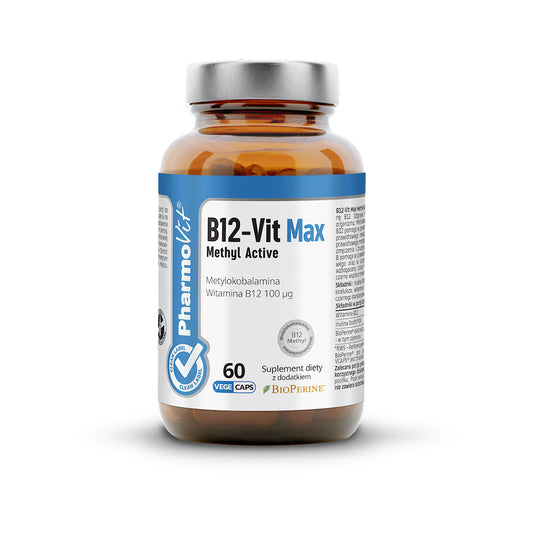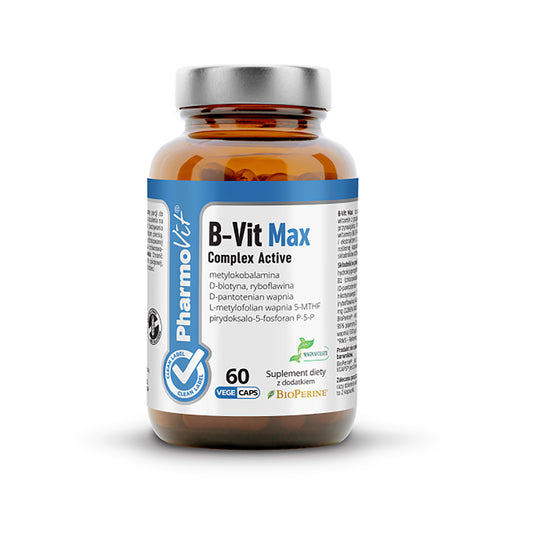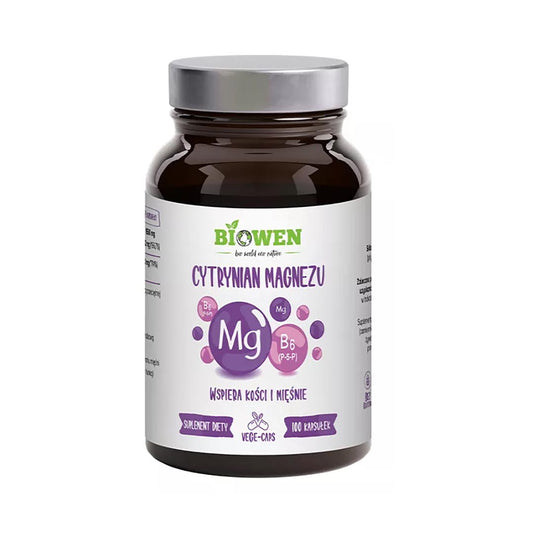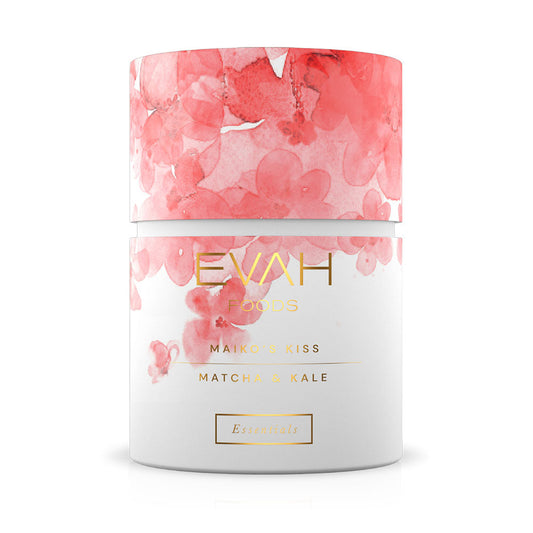
Vitamin C – a pillar of the immune system and a versatile wellness vitamin
Share
Vitamin C, or ascorbic acid, is one of the best-known and most widely used vitamins. It is a water-soluble vitamin that the body cannot produce on its own, so it must be obtained from food or supplements. Vitamin C is best known for strengthening the immune system, but its benefits extend to a wider range of health and well-being.
Good sources of vitamin C include colorful fruits and vegetables, citrus fruits, and, for example, Acerola , which is actually one of the best sources of vitamin C. It also contains many other bioactive plant compounds and nutrients.
What is vitamin C and what does it do?
Vitamin C is an antioxidant that protects cells from oxidative stress, i.e. damage caused by free radicals produced during the body's metabolism. It is also involved in many important biochemical processes in the body:
- Immune system support: Vitamin C promotes the production and function of white blood cells, which are essential in fighting infections. It also helps maintain mucous membranes, which act as an important barrier against pathogens.
- Collagen production: Vitamin C is essential for the synthesis of collagen, an important protein for the structure and health of skin, bones, blood vessels and connective tissues.
- Iron absorption: Vitamin C promotes the absorption of plant-based iron from the intestines, which can help prevent iron deficiency anemia.
- Antioxidant effects: Vitamin C acts as an antioxidant that neutralizes free radicals and helps reduce inflammation and signs of aging.
Using Vitamin C with Other Supplements
Vitamin C is a safe and well-tolerated vitamin that can be used with many other vitamins and supplements. It works synergistically with many nutrients, meaning that taking them together can enhance their health benefits.
- Vitamin C and zinc
- This is one of the most popular combinations during flu season. Both vitamin C and zinc support immune system function, and taking them together can help reduce the duration and severity of flu symptoms. Zinc and vitamin C also work together to promote cell renewal and skin health.
- Vitamin C and iron
- Vitamin C helps the body absorb iron from plant sources more effectively. This combination is especially beneficial for vegetarians and vegans who get their iron mainly from plant sources. It is a good idea to take vitamin C along with an iron supplement to enhance iron absorption.
- Vitamin C and Vitamin E
- Vitamin C and vitamin E are both antioxidants, but they work in different ways in the body. Vitamin C is water-soluble, while vitamin E is fat-soluble. Together, these vitamins can provide more effective protection against cell-damaging free radicals.
- Vitamin C and vitamin D
- While vitamin C supports the immune system, vitamin D helps regulate it and direct the immune response. Combining these two vitamins can be particularly beneficial for maximizing immune defenses, especially during the colder months when vitamin D intake from sunlight is low.
Recommended combinations for optimal benefits:
- Vitamin C, omega-3 fatty acids and curcumin
- Together, these nutrients form a powerful trio that supports both the immune system and reduces inflammation in the body. Omega-3 fatty acids help regulate inflammatory responses, while vitamin C and curcumin (a powerful antioxidant from turmeric) help reduce cell damage and promote overall well-being.
- Vitamin C and magnesium
- Magnesium is an important mineral involved in over 300 biochemical reactions in the body, including muscle and nervous system function. Vitamin C can improve magnesium absorption, which can help reduce stress and fatigue, especially during physical exertion.



